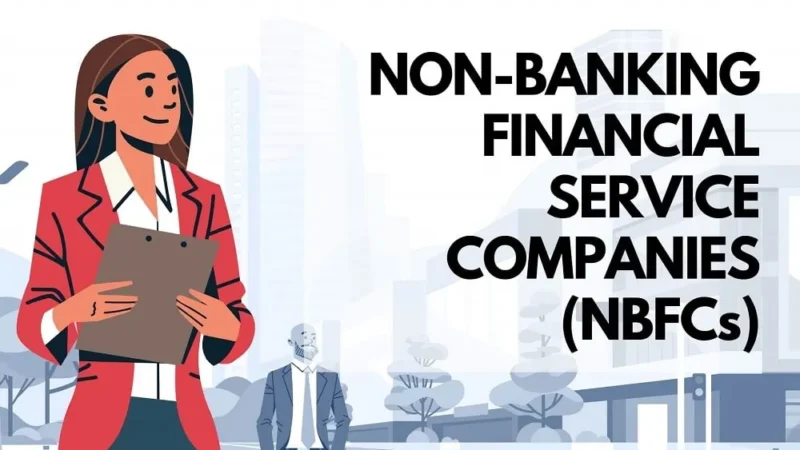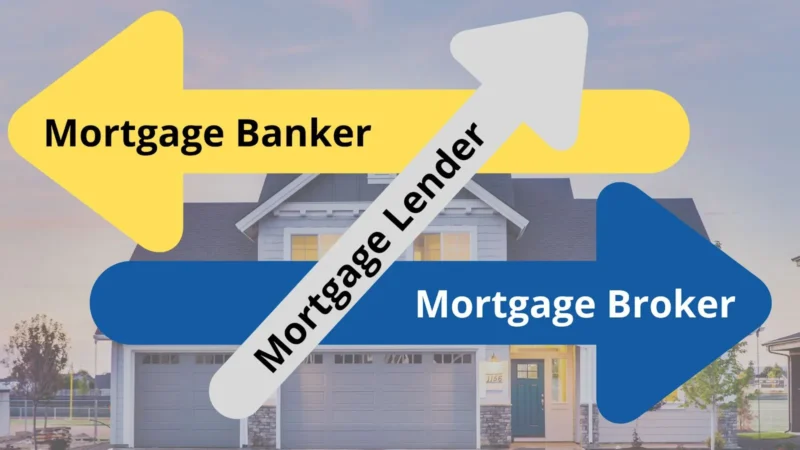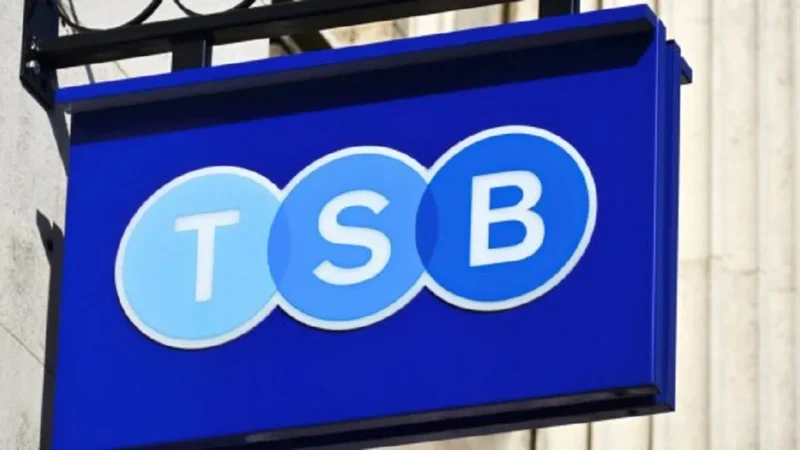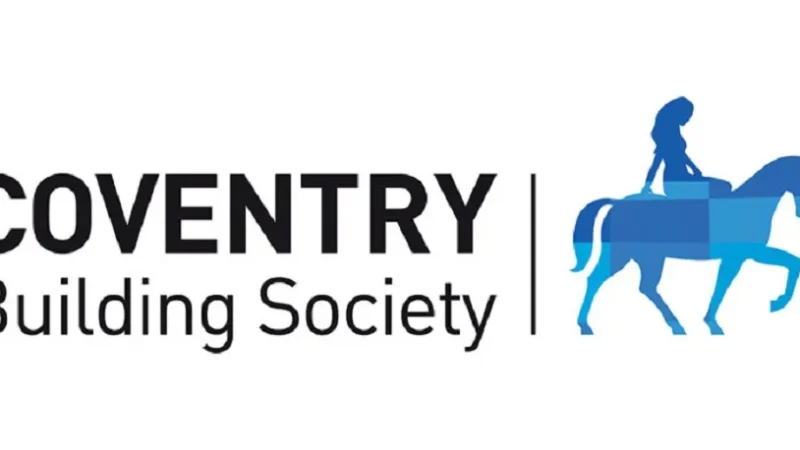Who Are Non-Bank Lenders And What They Do?
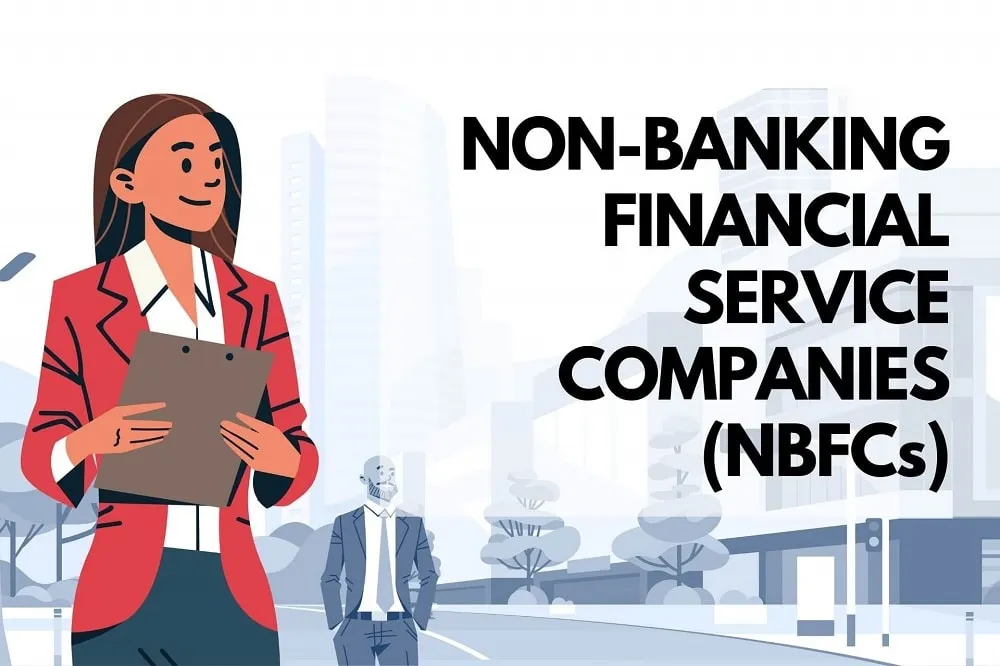
Non-bank lenders provide loans to borrowers with bad credit score or those who cannot get loans from traditional sources. They also provide other types of financial services such as mortgages, overdrafts, and savings accounts.
Non-bank lenders have been around since the early 1900s when they became popular in the United Kingdom. In recent years, they have grown rapidly and now operate in over 30 countries worldwide.
Non-bank lenders do not offer their own banking services. They work outside of the financial sector and offer loans to people who cannot get loans from a bank. They are often referred to as alternative lenders because they provide loans that can be used for things other than buying a home or car, as well as other personal needs.
Some non-banks offer unsecured loans, which means that borrowers don’t have to put up any collateral in order to receive the loan. This makes it possible for borrowers with poor credit scores or bad debt history to still receive a loan from non-bank lenders.
They offer a range of loan products, including personal loans, business loans, and mortgages. They also provide financial education, advice on credit and debt management and other services. These lenders have traditionally been seen as an alternative to the banking sector for those who cannot access mainstream finance or do not qualify for bank loans. However, in recent years they have been increasingly targeted by private banks and building societies as a source of new business opportunities.
They are usually not regulated by the Financial Conduct Authority (FCA) and they can often charge higher interest rates than banks.
Alternative lenders also offer loans to borrowers who have been rejected or declined by conventional banks. This includes self-employed people and those who want to borrow money for business purposes or people who want a more flexible repayment plan.
The non-bank lenders work in different ways but they all have one thing in common – they offer a cheaper alternative to banks.
As the number of consumers and businesses goes up, so does the demand for financial services. This is why non-banks have grown in popularity over the years.
The main difference between them and the banks is that the non-banks are not subject to the same regulations and do not offer savings accounts or mortgages.
The non-bank lenders include private individuals, commercial companies, charities, and social enterprises.
To sum it up, the non-bank lenders in UK are mainly established by individuals or small companies with small sums of money to lend out. However, as time has passed on and more people have become aware of their services, they have seen a rapid growth in terms of numbers and lending levels.


